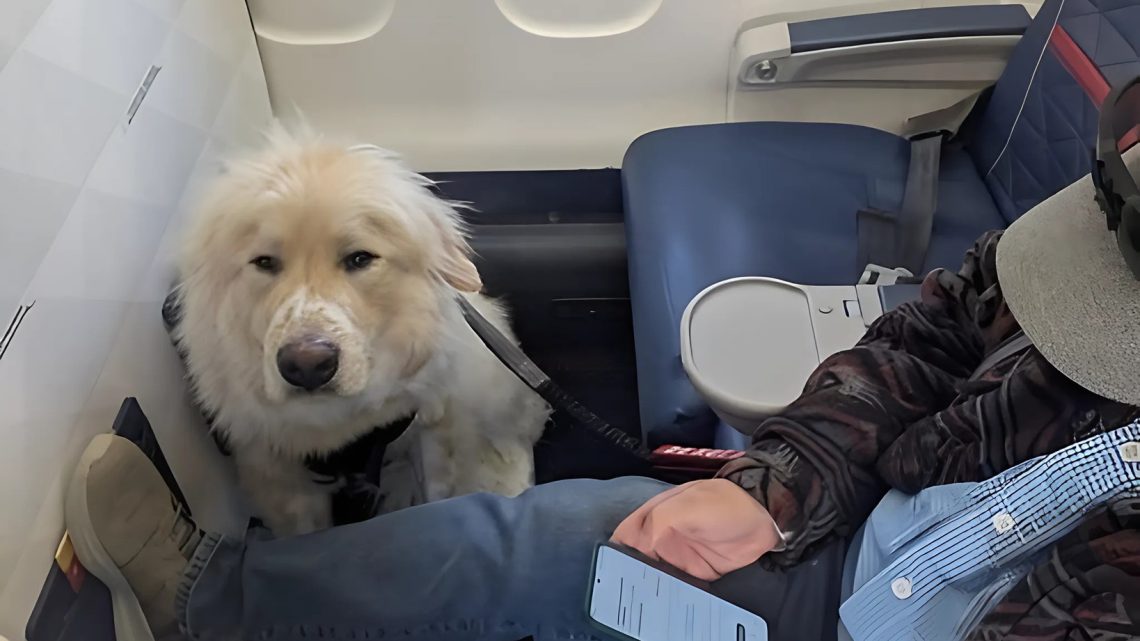After spending a long weekend in Phoenix, I was heading back home to Seattle. The heat was stifling, the air dry, and my mind flooded with memories of a conference where I felt unprepared to speak. But I had Max beside me — my golden retriever, my steadfast companion during both literal turbulence and emotional unrest. Trained as a service dog to assist with anxiety and panic disorders, Max was far more than a pet; he was my emotional gauge. He detected shifts in the environment faster than I could blink. The thought of boarding the plane was only bearable because he was with me.

We took our usual spot in the first row by the window. Max curled up immediately, resting his head on my shoes, his eyes calmly observing every movement with focused serenity. I adjusted my headphones, skimmed through the in-flight menu on the screen, and tried to push away the memory of my awkward interaction with my boss earlier that day. Though he said “Good job,” his eyes told a different story.
The gentleman sitting in the aisle seat didn’t seem to notice me at all.
He appeared to be in his sixties — tall and slender, dressed in khaki pants and a navy windbreaker, typical attire for those wanting to avoid the hassle of a bulky coat. Avoiding eye contact, he gave just a brief nod upon sitting down. His face carried the look of older men — rugged, like weathered stone, handsome but seasoned. His phone was in hand as he scrolled through messages, or perhaps simply stared into space.
I paid him little mind, knowing from experience that fellow passengers usually fall into two camps: chatty or invisible. He was clearly the latter.
Then Max did something unusual.
Normally, during boarding, he would remain lying down unless disturbed by a crying baby or sudden commotion. Instead, Max rose slowly and purposely, turning toward the man. Without barking, wagging, or making a sound, he fixed his gaze steadily on him.
The man lowered his eyes, first confused and then quiet.
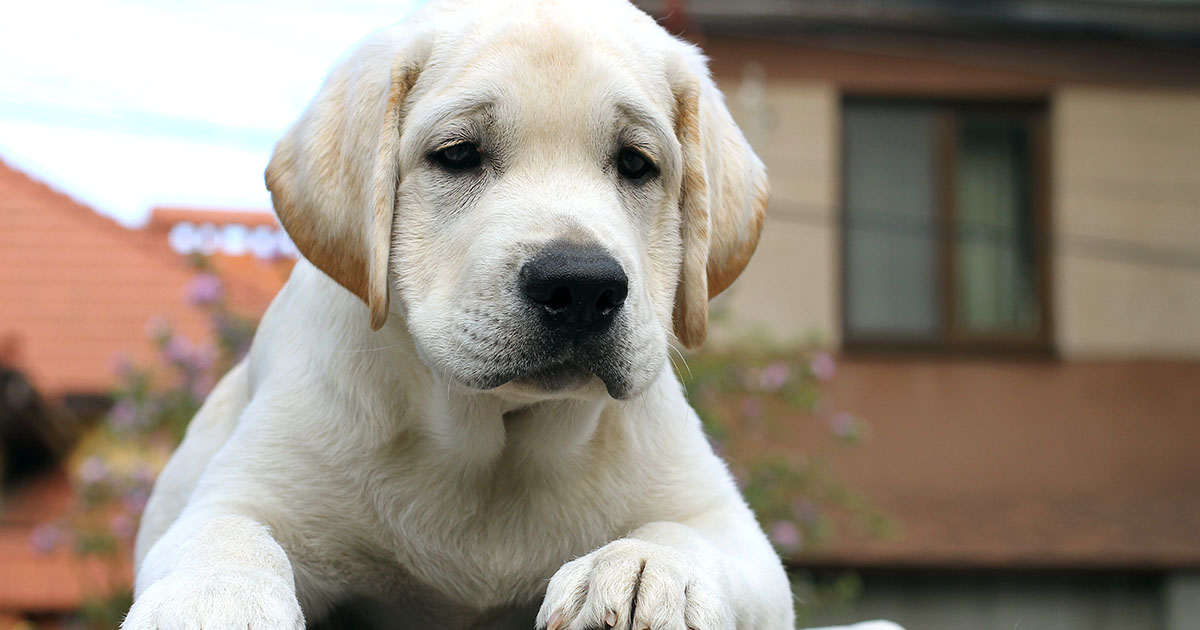
Max closed the distance, gently pressing his head against the man’s knee, then settled beside him—calm, still, fully present.
I half stood and reached for Max’s harness. “Max,” I whispered softly. “Come here, buddy.”
But before I could call him off, the man’s hand moved. It trembled slightly as it hovered above Max’s head, then fell onto his fur. He exhaled quietly, as if reliving a memory held close all day.
“Golden Retriever?” he asked, his voice hoarse.
“Mostly,” I replied. “There’s some Pyrenees in him too.”
He nodded, eyes still on Max. His petting grew slower, more deliberate—like someone touching a cherished memory.
Minutes passed in silence.
Finally, he spoke softly, “I had one just like him. I lost her last winter.”
Max leaned into him, pressing like a grounding weight. Although the man showed no tears or outward emotion, a subtle tremor passed through his otherwise tense face.
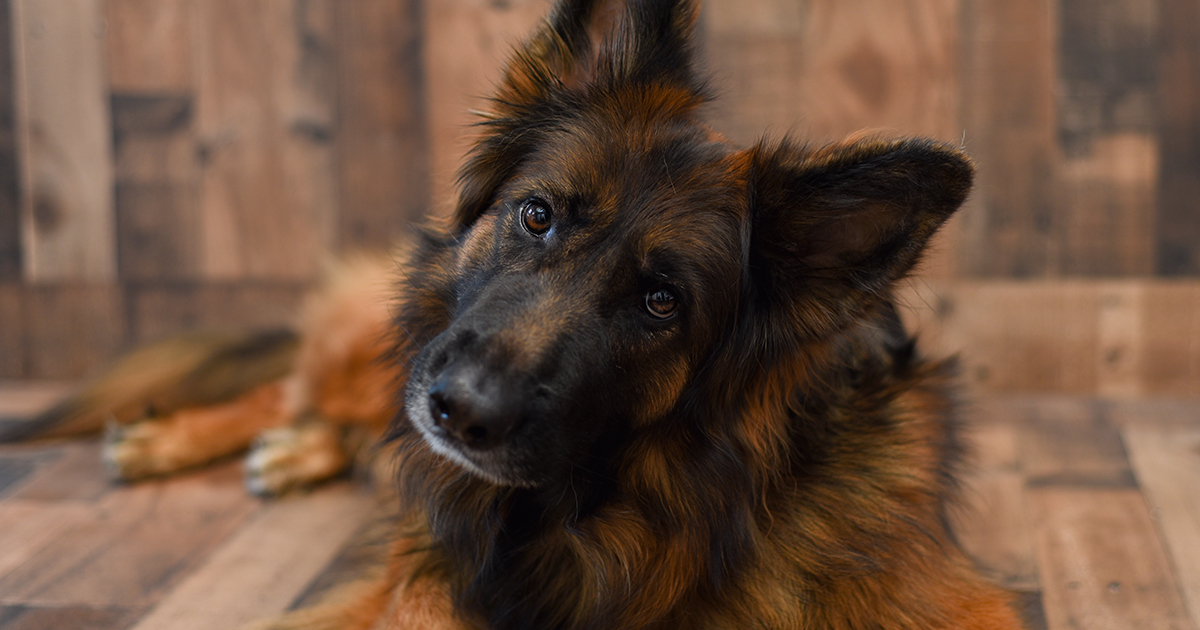
As the plane began its descent, he placed his hand on Max’s head and whispered a name, “Rosie.”
I averted my gaze, not from discomfort, but from a feeling of intrusiveness. Max had an uncanny ability to break through invisible layers we aren’t even aware we have.
Once airborne, the man quietly shared, “This is my first flight since she passed. I used to take her everywhere. One time, we drove from Maine to New Mexico, and I even slept in the back seat of the car.”
I smiled gently. “Last year, Max and I took a road trip from Oregon to Denver. He wouldn’t let me sleep unless he had a paw on my chest.”
He chuckled—a faint but genuine sound.
“My name’s Walter,” he said after a pause, extending his hand.
“Callie,” I answered, shaking it. “And this is Max.”
“I thought so,” he smiled, lowering his eyes back to Max.
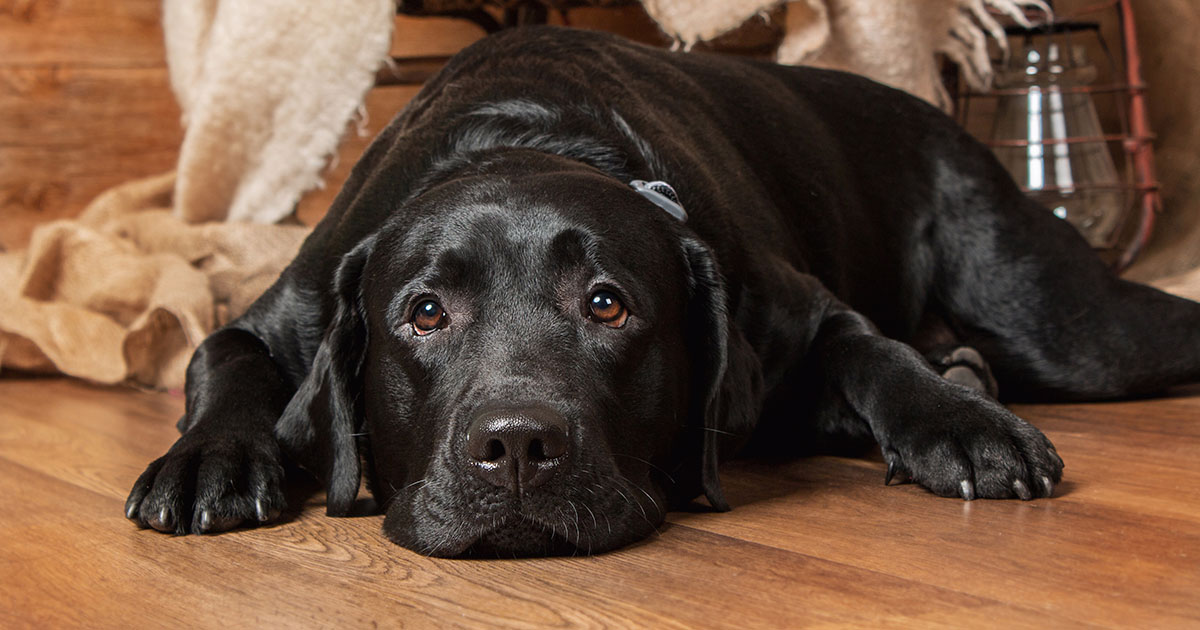
We sat quietly afterward, requiring no small talk. It was the kind of mutual understanding that needs no words. Occasionally, Walter stroked Max’s head or murmured softly. I leaned back and allowed the hum of the engines and Max’s steady breathing to fill the space.
Somewhere above Colorado, Walter broke the silence, asking, “Do you believe in omens?”
I paused. “You mean like fate?”
He shrugged. “Signs. Maybe the universe nudges you when you’re lost in your own thoughts.”
I considered this before replying, “I think we tend to notice what we’re meant to see. Max, for example, senses things before I do.”
Walter nodded slowly. “I almost canceled this trip. I’m heading to see my daughter. Since Rosie died, we’ve barely spoken. I think… I became a ghost for a while.”
I stayed silent for a moment, understanding the weight of his confession.
“Maybe Max was a friend of yours,” I finally said. “Or maybe Rosie sent him to you.”
He looked at me intently this time. “Do you really think dogs do that?”
I smiled. “If anyone can find a way to, it’s them.”

Later, as the plane began its final approach, Walter asked, “Could you take a photo of Max? With me, I mean.”
“Of course.”
I snapped a picture on my phone: Max peacefully seated between us, Walter’s hand resting on his back. An image that seemed to capture a connection as if they’d known each other forever.
However, just as the landing phase started, Walter reached into his jacket and pulled out a folded paper. “I meant to leave this in my hotel room,” he said quietly, “just in case.”
My stomach turned even before reading a single word.
It was a farewell letter.
Seeing my expression, he quickly reassured me: “Don’t worry. I’m not going anywhere. I just felt you should see this.”
The letter was addressed to his daughter. It revealed his struggle with grief and guilt, describing how the loss of his dog—his last tie to joy following his wife’s death and retirement—left him lost. Rosie had been his final link to happiness.
Then he met Max.
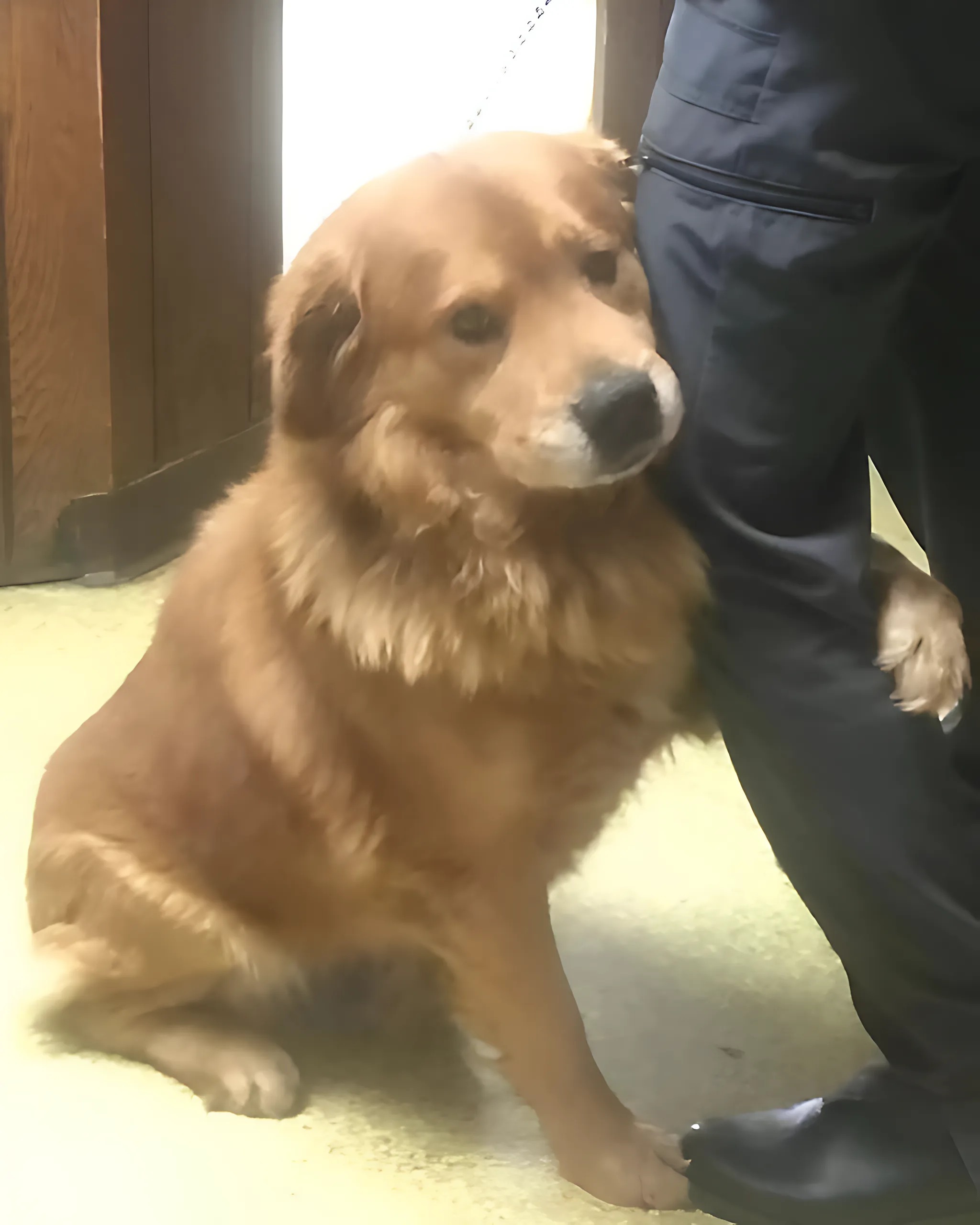
“I don’t think I realized how deep it was,” he whispered, “until your dog looked at me like I mattered.”
I handed him the letter, words escaping me.
“Thank you,” he said sincerely. “You and Max might have just changed the ending of a very different story.”
Minutes later, we touched down. At the gate, Walter paused to scratch Max behind the ears one last time before turning toward me.
“May I send you that photo? I want to share with my daughter the moment everything shifted.”
“Please do,” I replied.
He sent the message immediately, attaching the image with a caption:
“This is Max. He saved my life before we even left the runway.”
As Walter headed to baggage claim, he seemed a bit taller—like hope was gently lifting him again.
Max nudged my leg and looked up at me.
“Well done, buddy,” I smiled.
Key Insight: Those rare moments when an animal—whether your own or someone else’s—changes everything, remind us of the profound silent connections that can save us one breath at a time.
In every journey, unexpected bonds can appear, offering comfort and healing in the most unlikely places. Max’s presence turned a routine flight into an unforgettable story of empathy and quiet support. These experiences highlight the power animals hold in bridging human hearts, often guiding us through unseen struggles and nudging us toward hope.
